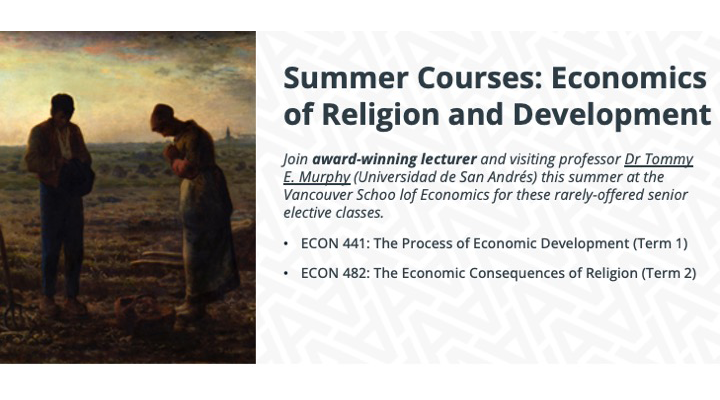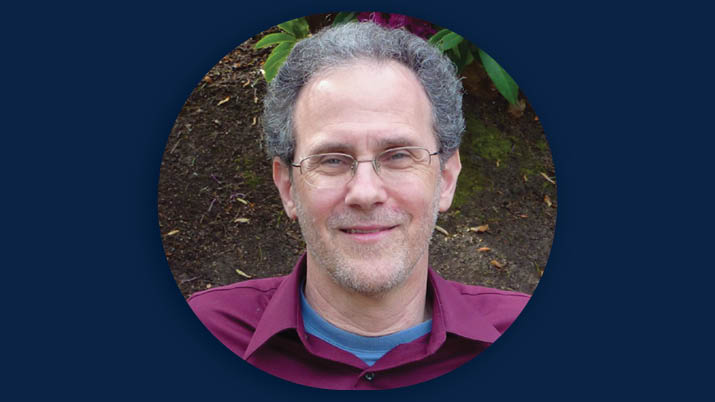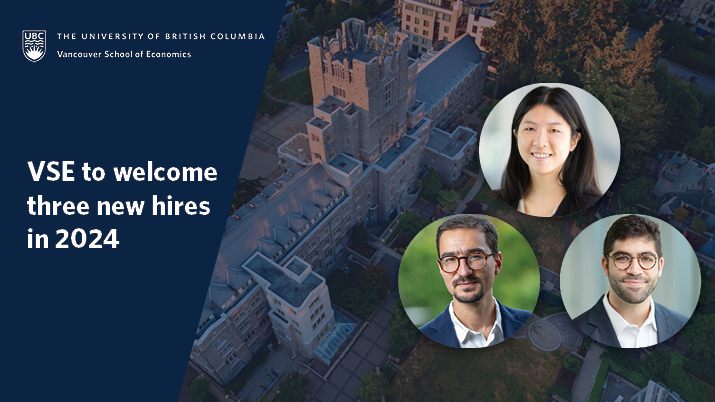“Having studied at the VSE has given me an invaluable tool kit with which to approach research for Global Affairs Canada.” – Aliya Dossa
The Vancouver School of Economics (VSE) is proud to congratulate alumni Aliya Dossa who is part of a team of University of British Columbia (UBC) students whose proposal on Climate Finance: Mobilizing Institutional Investors garnered them a top 5 position in the Government of Canada’s International Policy Ideas Challenge.
This challenge invited graduate and postdoctoral students to submit proposals covering a wide range of internationally relevant topics, such as climate change, the use of data and technology in the development of international policy, and corporate social responsibility.
A recent graduate of UBC with a BA in Economics, Dossa wrote her prize-nominated thesis in the field of applied econometrics on the impact of climate change and inequality on international migration patterns. She is the co-founder of MycoRemedy Inc., a biotechnology company that restores polluted environmental sites 100-percent naturally using fungi-based remediation techniques.
Dossa spent this past summer working on accelerating her company as one of The Next 36 while studying in the program’s Entrepreneurship Institute based at the University of Toronto under professors from Harvard and MIT. Dossa was one of 8 UBC graduates participating in the program this year alone and the first VSE graduate since the programs inception.
She is a two time TEDx speaker and has been recognized as one of Canada’s Top 25 Under 25 Environmentalists and was a finalist for Canada’s Top 20 Under 20 award.
The VSE was lucky enough to speak with Dossa about her project and what she learned form her time at UBC.
I am compiling a policy brief for Global Affairs Canada (GAC) alongside George Benson and Chiyi Tam, addressing the question of how to best stimulate climate-friendly investments within Canada and abroad. Specifically, we are focusing on how GAC can mobilize and convene institutional investors towards mutually beneficial climate-friendly investments, while simultaneously strengthening the financial ecosystem for clean technology-based Canadian Small and Medium Sized Enterprises (SME). Taken together, these policies will incentivize engagement in economic activity that is directly aligned with climate-friendly objectives, enabling Canada to be a global leader in this arena at a time when it is needed most.
I’m deeply interested in the intersection of economics and the environment. Initially, I pursued an education in economics to help me more coherently approach big environmental challenges like climate change and in the process developed an affinity for the field of economics itself.
Climate change is one of the biggest challenges of our time, and a solution that is to have any degree of efficacy must take advantage of economics and policy tools. We need to look at the environment and the economy together, and not as separate entities – and the policy brief I’ve been working on does just that.
I recently co-founded an environmental biotechnology company, so being a clean-tech SME myself, I understand the importance of supportive policy infrastructure.
UBC and the VSE in particular provided me with unparalleled opportunities to explore this subject area. The diversity of courses, from Environmental Economics to Wealth and Poverty of Nations gave me a chance to delve deeply into these topics. UBC gave me a unique opportunity to learn under Nobel Laureate economist Joseph Stiglitz and to present my policy proposals to him for critique. The seminars I took in Applied Economics gave me the chance to pursue my own econometric research related to climate change. I certainly had many opportunities at UBC!
In short, I would like to thank Professors Henry Siu and Clive Chapple for introducing me to the field, by exposing me to economics in my first year and they did such a fantastic job of it that I decided to pursue it against my original plans! Professor Siu again for making me believe in my potential by bringing me on and trusting me as a research assistant in my second year. Professor Mauricio Drelichman for teaching me why the field of economics is so important and how it can help us understand how the world works. I am also grateful for Professor Catherine Douglas for including me on a research project directly related to economics and the environment, and Professor David Green who gave me the space to research my field of interest for my capstone and supported my work the whole way through. And last, but certainly not least, Professor Hugh Neary for all of his support and work in making the faculty into such a close-knit, supportive environment and giving me opportunities to flourish.



